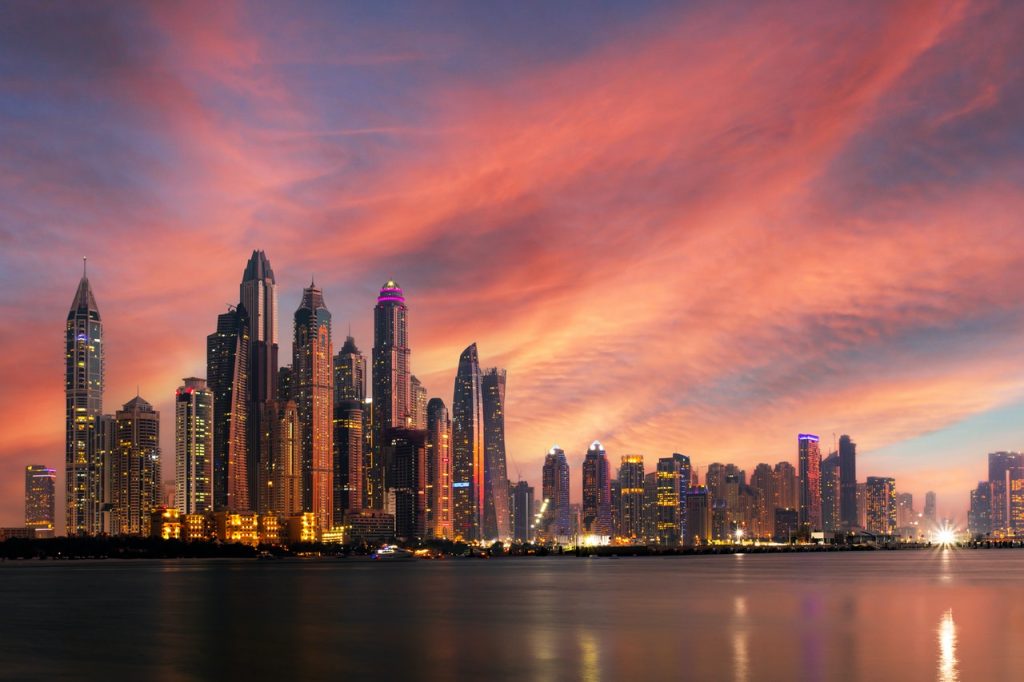As the CEO of Better Homes, Ryan Mahoney (Dubai, UAE) has extensive experience of the property market. He also owns CenCorp, a conglomerate of property-related businesses. This article looks at the boom currently seen in Dubai’s property market, exploring how one of the wealthiest emirates came to be such an important commercial hub, attracting investors from all over the world.
With a population increase of more than 500% in recent decades, Dubai is one of world’s fastest-growing cities. It is difficult to imagine how this spectacular skyline rose up from the desert, its foundations lying in what was once just a modest fishing village.
As Tom Chitty of CNBC explains, oil was discovered in the region around 50 years ago, helping to make Dubai what it is today. Nevertheless, this only tells part of the story. After all, oil reserves have been discovered in many Middle Eastern countries. Why did Dubai in particular see such a boom?
Many point to Dubai’s proximity to Iran as a crucial factor in its transformation from a sleepy fishing village to an important trading route in the Persian Gulf, although the initial phase of the city’s transformation was dramatically cut short during the Great Depression due to the collapse of the pearl export industry. In 1929, Dubai residents abandoned the region in vast numbers, migrating to other parts of the country and causing investment in the city’s infrastructure to slow to a crawl.
However, in 1966 vast oil reserves were discovered off the coast of Dubai, sparking a rapid change in the city’s fortunes once again. Between 1968 and 1975, Dubai’s population grew by 300%.
Over the past three decades, the population of Dubai has swelled to 3.4 million – marking a period of remarkable growth. With oil accounting for just 1% of Dubai’s GDP, there must be other factors at play.
As Tom Chitty points out, one of Dubai’s sources of income – and arguably the most valuable commercial asset in the whole of the UAE – stems from the city’s maritime activities. Dubai is an important trading port today due to its unique positioning as the entrance and exit of the Persian Gulf, making it one of the busiest ports in the Middle East today.
Dubai rapidly evolved into a global commercial hub with companies opening offices across the city, lured by attractive custom duty benefits, tax breaks and no restrictions of foreign ownership. Easily accessible from Europe, the city enjoys a temperate climate year-round, poising Dubai as an ideal luxury tourist destination.
Boasting the world’s tallest building, as well as a collection of man-made islands crafted in the shape of a world map, the most populous city in the UAE has never shied away from ambitious construction projects. Dubai’s transformation from fishing village to global hub is nothing short of remarkable, but as ruler Sheikh Mohammed bin Rashid Maktoum points out, the city will never settle for anything less than first place. Dubai’s economic growth has been virtually unparalleled over the last 20 years, with no signs of abating anytime soon.


